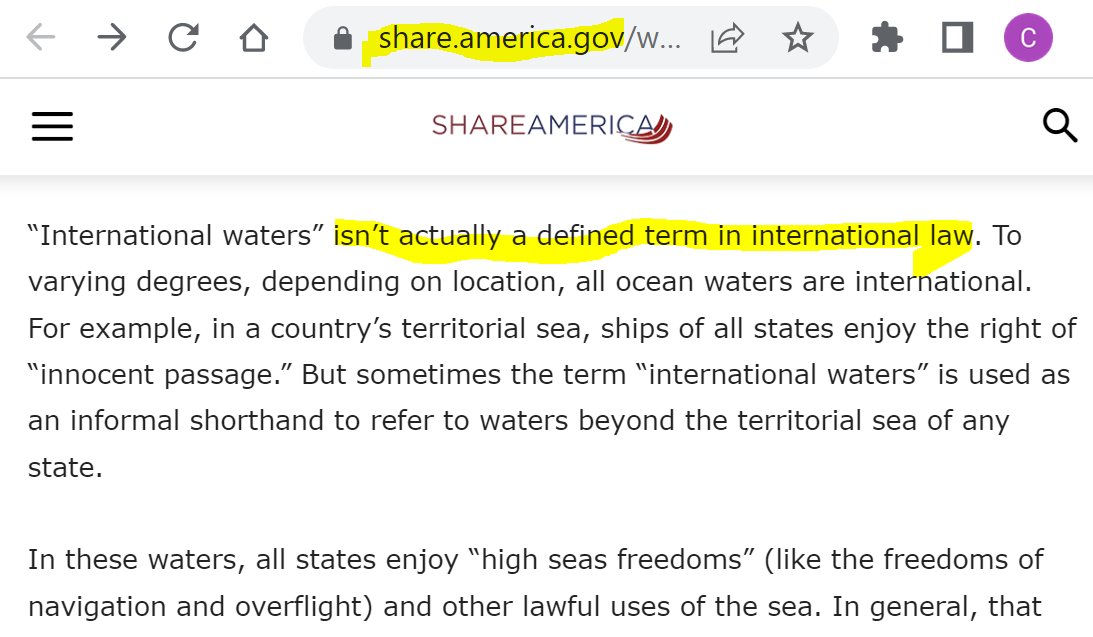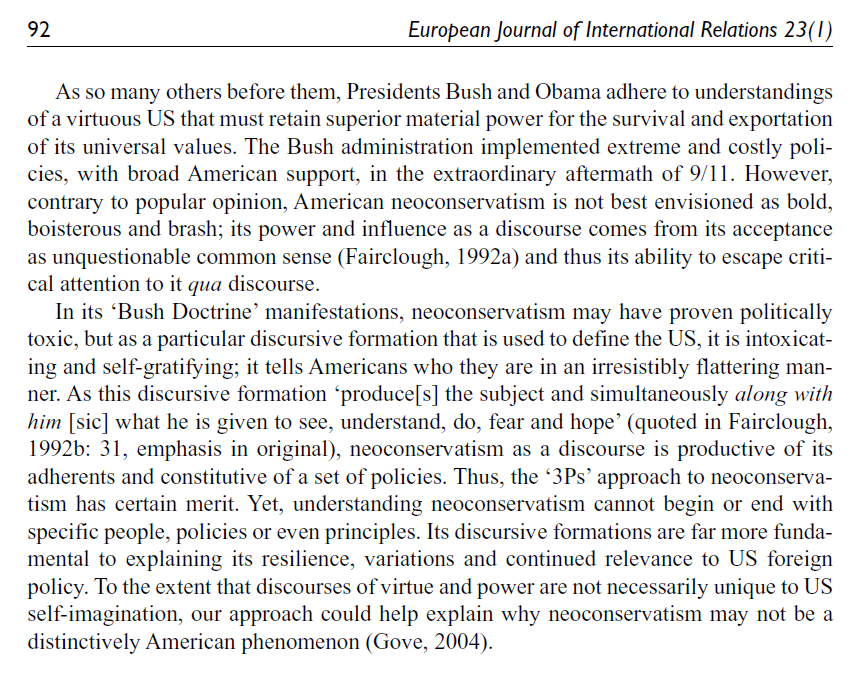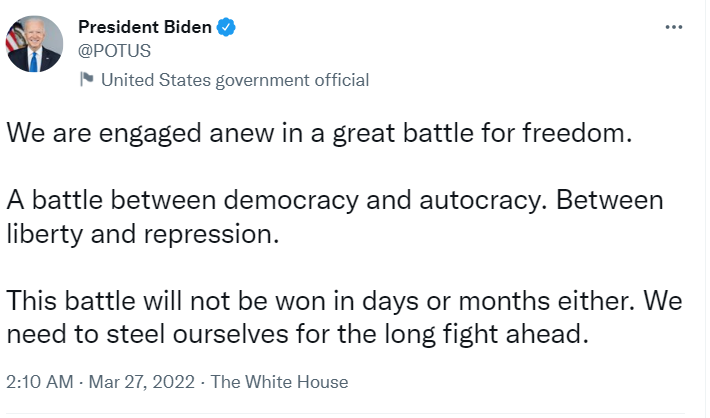I had experience with a journal, which took the trouble to update me on their waiting for 2nd review. They promised 'as soon as we get the full reviews in we will proceed to decision'. I thought it's very nice of them because it's rare to receive unsolicited update from editors.
https://twitter.com/DrKevinGray/status/1302865567255277568
Two months later they sent 2 reports with R1 saying 'This is an exceptionally well written article...[R1's suggestions are] not essential prior to publication'. R2, however, believes 'the manuscript does not seem to fit very well with the journal'. The editors rejected the paper.
The letter says "this decision is much more about 'fit' than it is about quality". Nice cold comfort, though I thought it's poor form from them who should've desk-rejected it if it's about 'fit', rather than outsourcing such judgment to R2 & wasting everyone's time. Given that...
they sent it out for review, presumably 'fit' wasn't initially an issue, unless the paper somehow slipped through their screening. In any case, with the unequal power relationship between gatekeepers & authors, unfortunately most authors would probably just have to deal with it.
• • •
Missing some Tweet in this thread? You can try to
force a refresh




























